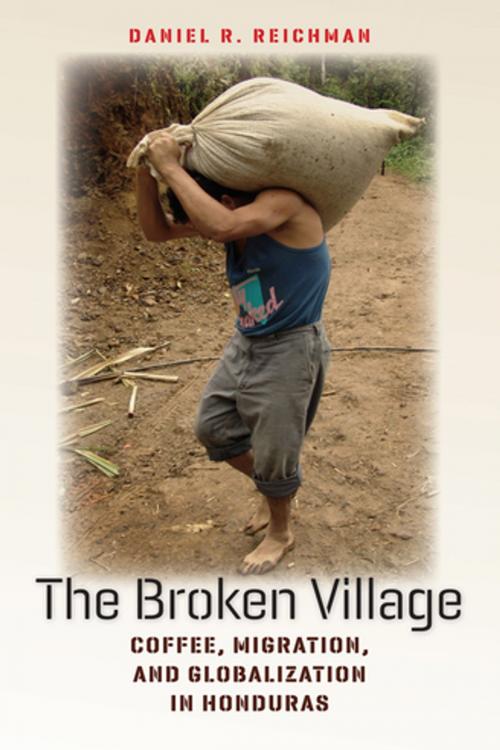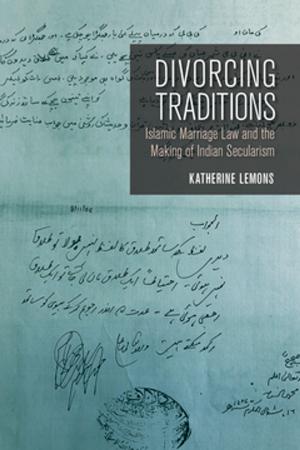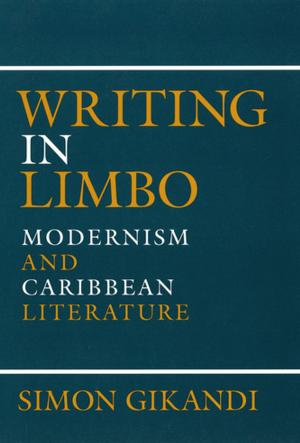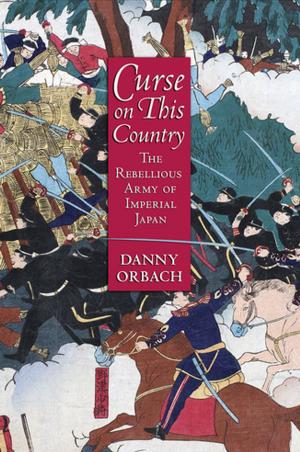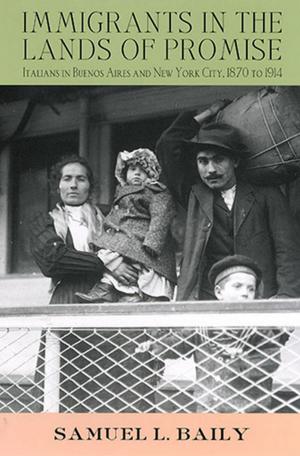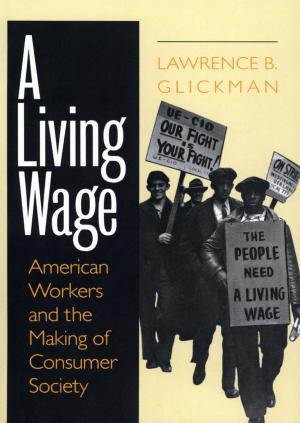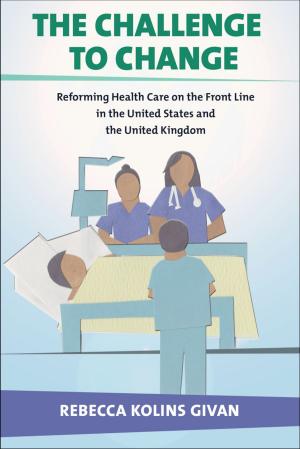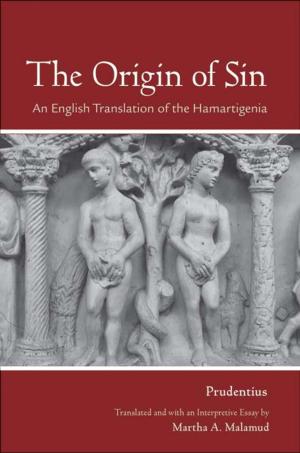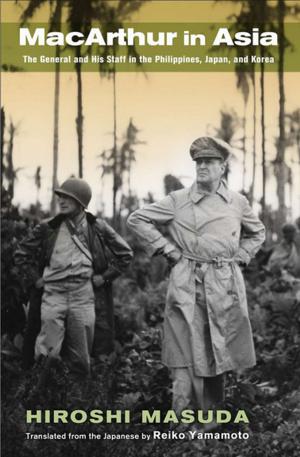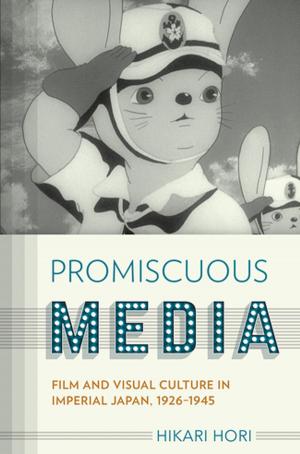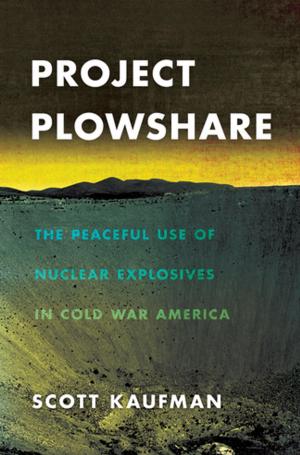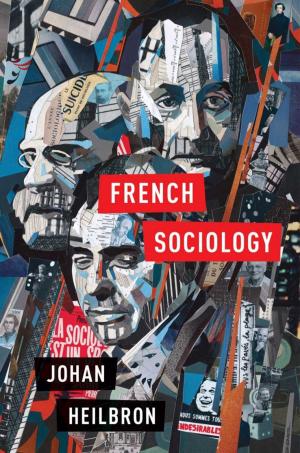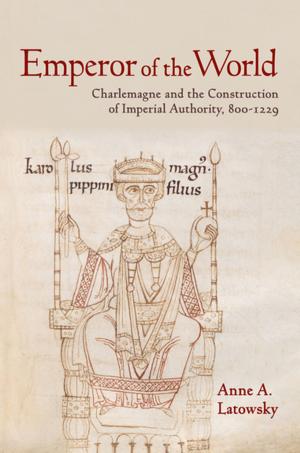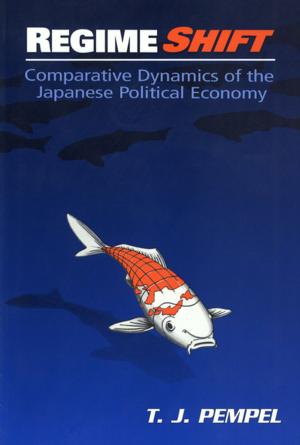The Broken Village
Coffee, Migration, and Globalization in Honduras
Nonfiction, History, Americas, Central America, Social & Cultural Studies, Social Science, Anthropology| Author: | Daniel R. Reichman | ISBN: | 9780801463082 |
| Publisher: | Cornell University Press | Publication: | December 15, 2009 |
| Imprint: | ILR Press | Language: | English |
| Author: | Daniel R. Reichman |
| ISBN: | 9780801463082 |
| Publisher: | Cornell University Press |
| Publication: | December 15, 2009 |
| Imprint: | ILR Press |
| Language: | English |
In The Broken Village, Daniel R. Reichman tells the story of a remote village in Honduras that transformed almost overnight from a sleepy coffee-growing community to a hotbed of undocumented migration to and from the United States. The small village—called here by the pseudonym La Quebrada—was once home to a thriving coffee economy. Recently, it has become dependent on migrants working in distant places like Long Island and South Dakota, who live in ways that most Honduran townspeople struggle to comprehend or explain. Reichman explores how the new "migration economy" has upended cultural ideas of success and failure, family dynamics, and local politics.
During his time in La Quebrada, Reichman focused on three different strategies for social reform—a fledgling coffee cooperative that sought to raise farmer incomes and establish principles of fairness and justice through consumer activism; religious campaigns for personal morality that were intended to counter the corrosive effects of migration; and local discourses about migrant "greed" that labeled migrants as the cause of social crisis, rather than its victims. All three phenomena had one common trait: They were settings in which people presented moral visions of social welfare in response to a perceived moment of crisis. The Broken Village integrates sacred and secular ideas of morality, legal and cultural notions of justice, to explore how different groups define social progress.
In The Broken Village, Daniel R. Reichman tells the story of a remote village in Honduras that transformed almost overnight from a sleepy coffee-growing community to a hotbed of undocumented migration to and from the United States. The small village—called here by the pseudonym La Quebrada—was once home to a thriving coffee economy. Recently, it has become dependent on migrants working in distant places like Long Island and South Dakota, who live in ways that most Honduran townspeople struggle to comprehend or explain. Reichman explores how the new "migration economy" has upended cultural ideas of success and failure, family dynamics, and local politics.
During his time in La Quebrada, Reichman focused on three different strategies for social reform—a fledgling coffee cooperative that sought to raise farmer incomes and establish principles of fairness and justice through consumer activism; religious campaigns for personal morality that were intended to counter the corrosive effects of migration; and local discourses about migrant "greed" that labeled migrants as the cause of social crisis, rather than its victims. All three phenomena had one common trait: They were settings in which people presented moral visions of social welfare in response to a perceived moment of crisis. The Broken Village integrates sacred and secular ideas of morality, legal and cultural notions of justice, to explore how different groups define social progress.
